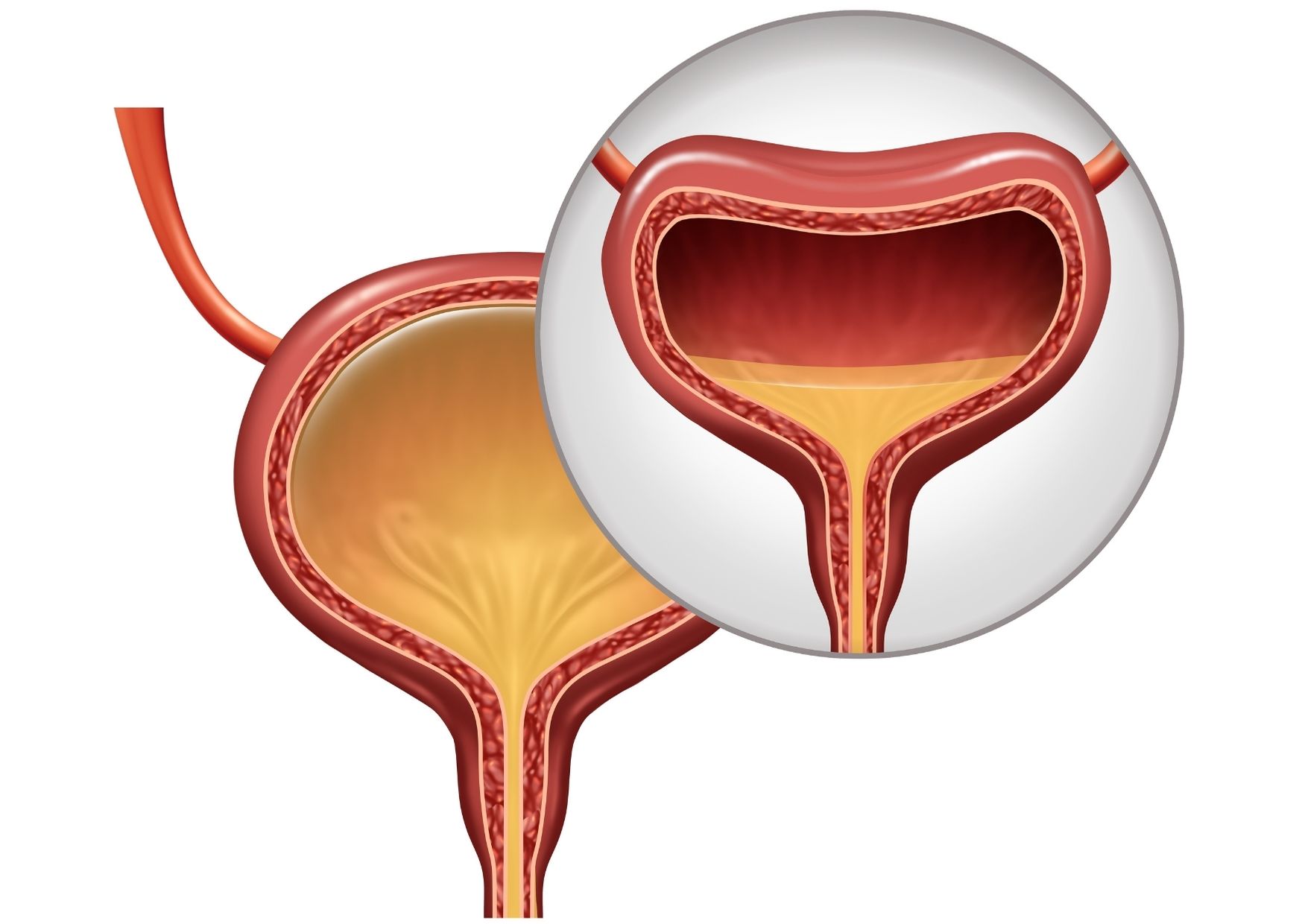At Welbeck, cystoscopies are performed in our outpatient clinic and take around 15 to 30 minutes to complete. You’ll lie on your back throughout the procedure, and your feet will likely be up in stirrups with your knees bent.
In most cases, flexible cystoscopies are carried out with a local anaesthesia. Sedation is usually given when a rigid cystoscopy is required, and in some cases, a general anaesthetic may also be given. Once the anaesthetic has taken effect, your consultant will gently insert the cystoscope into your urethra, and live images will appear on a nearby screen.
They may pump some sterile water into your bladder to help produce a clearer picture. Your consultant will examine your urethra and bladder and may take a biopsy of any abnormal areas, and the site will be cauterised (sealed using heat) to stop any bleeding.
The clinician performing your procedure will explain their findings immediately after the procedure, and you will also be provided with a procedure report, which will contain all relevant findings. In cases where biopsies are taken, these results will take a few days to become available while the laboratory analyses the samples.
Cystoscopy for men vs. women
Flexible and rigid cystoscopies can be performed on both male and female patients. The key difference is in the anatomy – men have a longer urethra than women, and it is S-shaped rather than straight. This means that the male urethra requires more cautious and slow navigation of the cystoscope, so the procedure might take slightly longer when performed on male patients.
As well as being used to investigate urinary issues, cystoscopy is also often performed to assess prostate-related urinary issues in male patients.
Cystoscopy for children and young people
At Welbeck, cystoscopy is available for children aged 12 to 18. The procedure is performed under the care of our specialists in our state-of-the-art Surgery Centre. Chaparones are available for the safety of both your child and our clinicians. If you would like a chaperone to attend your child’s treatment, please let your consultant know before arriving for your appointment.





